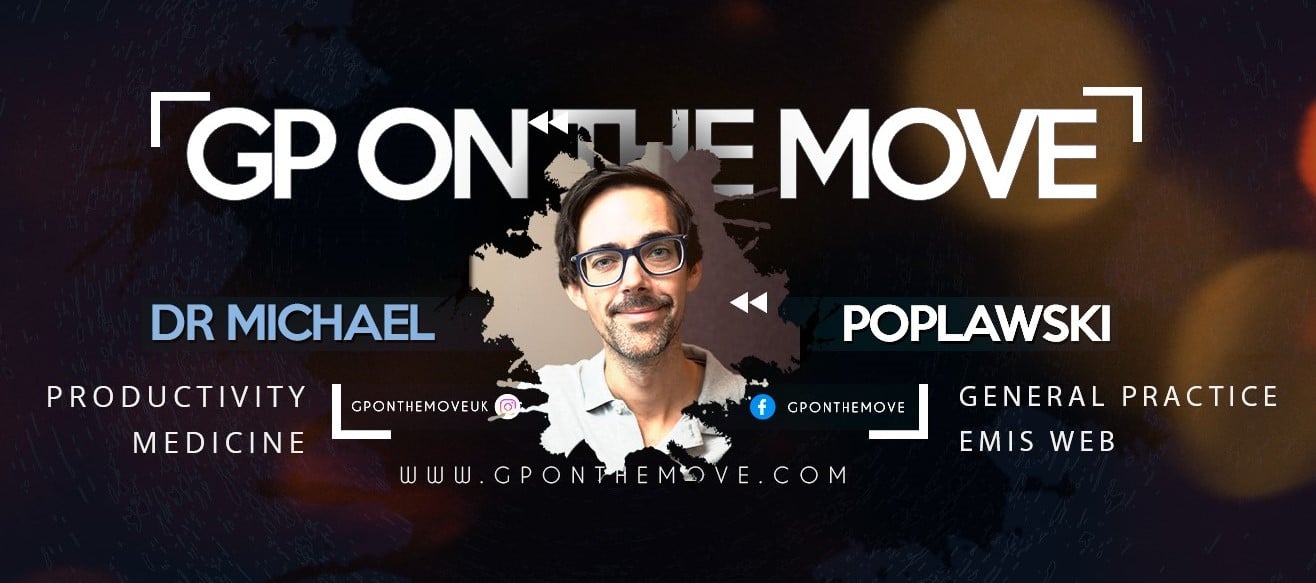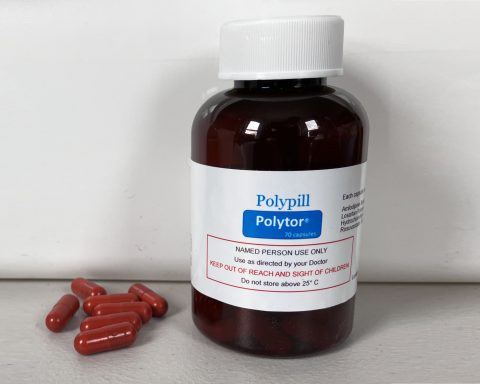
Ican remember the early days in medical school, as many of us hopeful doctors naively started to plot and plan our varying medical careers. Our options could be crudely divided into two main categories, one of which seemed effortlessly sexier than the other.
You either pursued a dazzling career in hospital medicine where at the end of which you were crowned a consultant in a specific medical or surgical field, or you landed the job as an unambitious GP who mostly worked in the community keeping sick people out of the hospital.
Of course, this oversimplification of the paths seems almost ridiculous now given the diversity of roles and paths a medical career can take, whether based in primary or secondary care, or otherwise. However, the analogy serves to highlight how embedded the notion has been that GPs were precluded from being considered ‘consultants’ in their own right.
GPs are experts of family medicine; highly trained physicians and effective communicators …
I appreciate the traditional pathways of becoming a medical or surgical specialist were seen as an arduously long road to expertise in a particular discipline, on which they could be consulted to provide uncommon knowledge. In contrast, general practice is typically a 3-year post foundation training programme with approximately 18 months of full-time equivalent spent in primary care.
During my GP training, I learned how to manage anything that came through the door. I didn’t need to be an expert in managing everything, but I needed to cover the ground of many systems, understand the underpinning anatomy and pathophysiology to competently formulate a sensible differential diagnosis for the patient and their problems in front of me. I had to be an up-to-date clinical generalist that knew how to recognise many specific conditions across a broad spectrum, least of which required urgent intervention and/or referral onto secondary care.
The mainstay of what we were trained to do well is communicate about difficult issues with people we have to see again and again, reiterating that we won’t always have an explanation for that chest pain that they’ve had 10 different unremarkable scans for and that another scan won’t likely get to the bottom of it, or telling someone that while a diagnosis of dementia feels frightening and is irreversible, there are still lots we could do to help optimise their quality of life.
The breadth of the scope of clinical care in general practice has often left the rather tragically lingering stereotype that GPs are the medical variety Jack of all trades and master of none. With the advent of portfolio careers in general practice, which enables GPs to have their cake of professional diversity and eat it too, the greater spread of both clinical and non-clinical roles that GPs juggle alongside their clinical responsibilities adds further uninvited reinforcement to these stereotypes that we offer no real clinical expertise.
GP work is rumoured by many to be lone rangers battling coughs, colds, and acopia in suburbia, but this couldn’t be further from the inconvenient and more explosive truth.
It must be stated plainly that while GPs weren’t normatively considered specialists in their own right by most, including the General Medical Council, the discipline in which they practice positions them uniquely to understand the most fundamental unit of human societies: the family — in all its shapes and sizes.
GPs are experts of family medicine; highly trained physicians and effective communicators who are skilled at placing the presenting complaint of their patient in the particular context of their holistic life and family.
They are the central pillars of the medical arm of primary care and I argue should be seen as primary care consultants of family and community medicine. Their roles include clinical governance, service commissioning, capacity building, clinical training, and championing/coordinating and delivering patient-centred, community-orientated primary care.
GP work is rumoured by many to be lone rangers battling coughs, colds, and acopia in suburbia, but this couldn’t be further from the inconvenient and more explosive truth. GPs help to coordinate multidisciplinary care by being an advocate for patients in a very complex web of problems, trying to find effective, evidence-based solutions with limited resources.
[GPs] are the central pillars of the medical arm of primary care …
GPs provide clinical leadership and consultation for other valued colleagues in their own practices and the wider community. They are also increasingly involved in medico-political roles to negotiate and bid for the best patient care possible in a climate of severe political austerity.
GPs are not just merely gatekeepers of secondary care, as we have often been characterised, as most of the patient care delivered in the embattled NHS happens on our doorsteps. When patients are being discharged from the hospital, it would be better to re-envision the discharge summary document as a consultation with the patient’s named primary care physician, who likely has a better handle on the broader picture of the patient’s immediate context than the discharging hospital consultant.
GPs also manage and safeguard the most comprehensive, complex, yet contextual databases of clinical information that exists — the electronic patient record; which provides the joining thread of conversation and continuity between primary, secondary, and tertiary care on patients and their families.
From the details of one’s birth history to the causes of their death certification and everything in between, any professional who wants to gain the greatest holistic clinical insights into a person is best to consult with that person’s GP.
No one quite understands the particular concerns, challenges, conflicts, and complexities of primary care as uniquely as a patient-centred, community-oriented family physician. I hasten to add that this remains true and undiluted even for portfolio GPs with multiple hats.
Is it time we acknowledge GPs as primary care consultants in our own right?
I think so.
Featured photo by Derek Finch on Unsplash.








